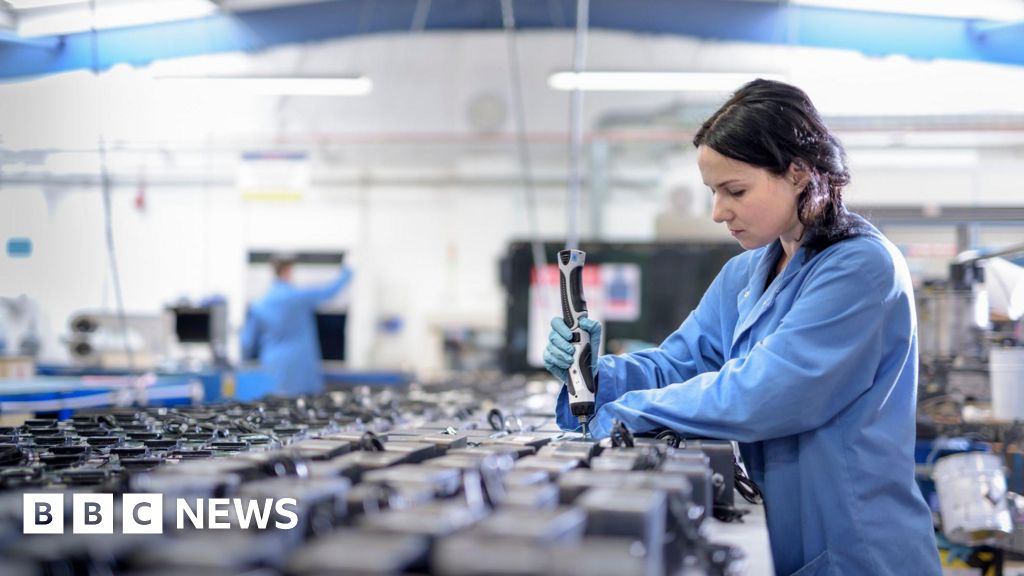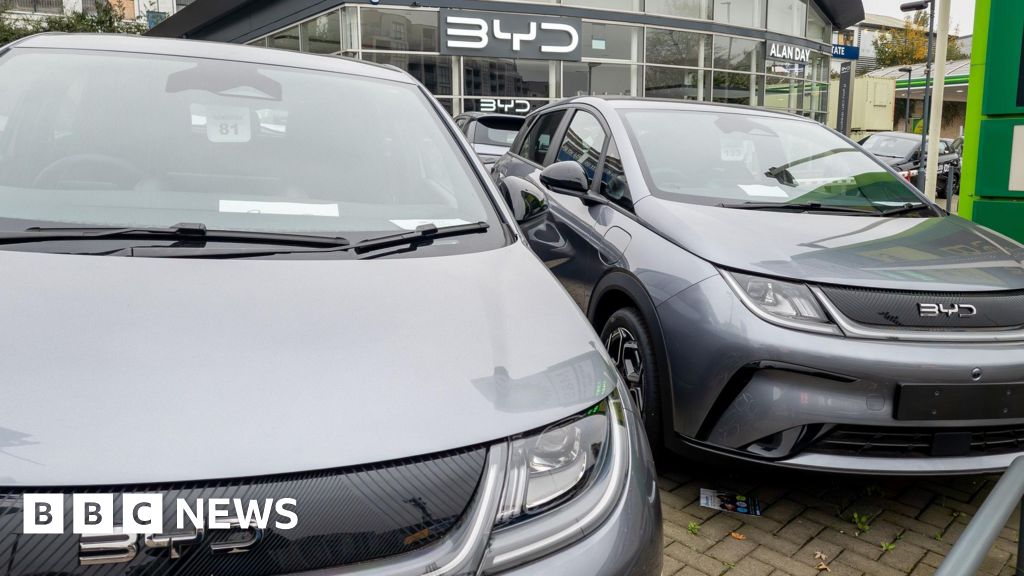Receive free UK politics updates
We’ll send you a myFT Daily Digest email rounding up the latest UK politics news every morning.
Manufacturing groups have hit out at Rishi Sunak’s watering down of some of Britain’s net zero emission targets, describing the move as “a huge setback” to the sector.
The prime minister’s decision sent “entirely the wrong signal” and suggested that “we are simply going backwards”, said the leaders of 15 manufacturers’ trade bodies, including Make UK, the Construction Equipment Association and the Chemical Industries Association, in a letter to the Financial Times.
Sunak triggered a backlash — from parts of his own Conservative party as well as from environmental campaigners — when he announced last week that the government was relaxing some of its targets to address climate change.
The U-turns included pushing back a ban on the sale of new petrol and diesel cars from 2030 to 2035 and diluting the phaseout of fossil fuel boilers.
Setting out the changes, Sunak said the decision was part of a “pragmatic” approach that would allow Britain to reach its 2050 target for net zero greenhouse gas emissions but not land households with unnecessary bills of “£5,000, £10,000 or £15,000”.
But the groups — which also included Adelan, Silverstone Technology Cluster and the Confederation of British Metalforming — warned that the government’s “watering down some of its net zero policies is a huge setback for manufacturers, who have put transition to net zero at the forefront of their business priorities”.
Small- and medium-sized enterprises in the automotive supply chain would be among those “hit particularly hard”, according to the letter.
The International Energy Agency also criticised the government’s decision to weaken its net zero targets. Fatih Birol, the IEA’s executive director, said advanced economies should “take the lead” on climate action.
Birol spoke as the IEA published a report saying that to reach net zero globally by 2050 investment in clean energy worldwide needed to reach $4.5tn per year, up from $1.8tn per year this year, by the early 2030s. Asked about the UK government’s changes, he said: “If the world is serious about addressing climate change, there is a special role for the advanced economies to take the lead here, and in my view it is time to increase the ambition rather than reducing it.”
Clean energy industries would create jobs and economic opportunities and it would be better for countries to “position themselves earlier rather than later” to take advantage of these, he added.
In a snap poll of 340 manufacturers after Sunak’s announcement, Make UK found that 68 per cent of companies had already invested in an attempt to move towards net zero emissions and that a further 22 per cent planned to do so in the next year.
Some 92 per cent of respondents said the transition to net zero was important for their business, with more than two-thirds seeing it as a commercial opportunity.
The industry groups also criticised the uncertainty created by the government’s decision to change tack, warning that it risked damaging the UK’s international competitiveness.
“Manufacturers require stability and confidence in order to invest,” they said. “Many companies will have spent time and money planning based on firm targets, and we now run the risk of falling behind our international counterparts as a home for green technologies if we persist in frequently altering policies that impact businesses directly.”
The groups said the UK needed a long-term industrial strategy encouraging innovation in areas such as net zero and artificial intelligence, adding: “Such a strategy must survive short-term political cycles and instability through a mechanism such as a Royal Commission.”
Lisa Brankin, Ford UK chair, said last week that delaying the ban on the sale of new petrol and diesel cars risked undermining the country’s transition to electric vehicles, while Nissan boss Makoto Uchida told the FT the world “needs to move on” from the internal combustion engine.
However, not all businesses have opposed the changes: carmaker Toyota, which has been slower to roll out fully electric vehicles, welcomed the move, while JLR said the delay was “pragmatic”.
Other targets to encourage a shift towards net zero remain in place, including a mandate for 80 per cent of new vehicles to be electric by 2030.
A government spokesperson said it was taking a fairer, more pragmatic approach to reaching net zero, while supporting UK businesses and helping them build robust, global supply chains.
“Recent announcements such as Tata’s £4bn gigafactory announcement, Stellantis investing £100mn into Ellesmere Port and BMW putting £600mn into building electric Minis in Oxford is evidence that businesses see the UK as an attractive place to invest and we are committed to working with car manufacturers to make the UK one of the best places for automotive investment.”
Climate Capital

Where climate change meets business, markets and politics. Explore the FT’s coverage here.
Are you curious about the FT’s environmental sustainability commitments? Find out more about our science-based targets here
Credit: Source link











